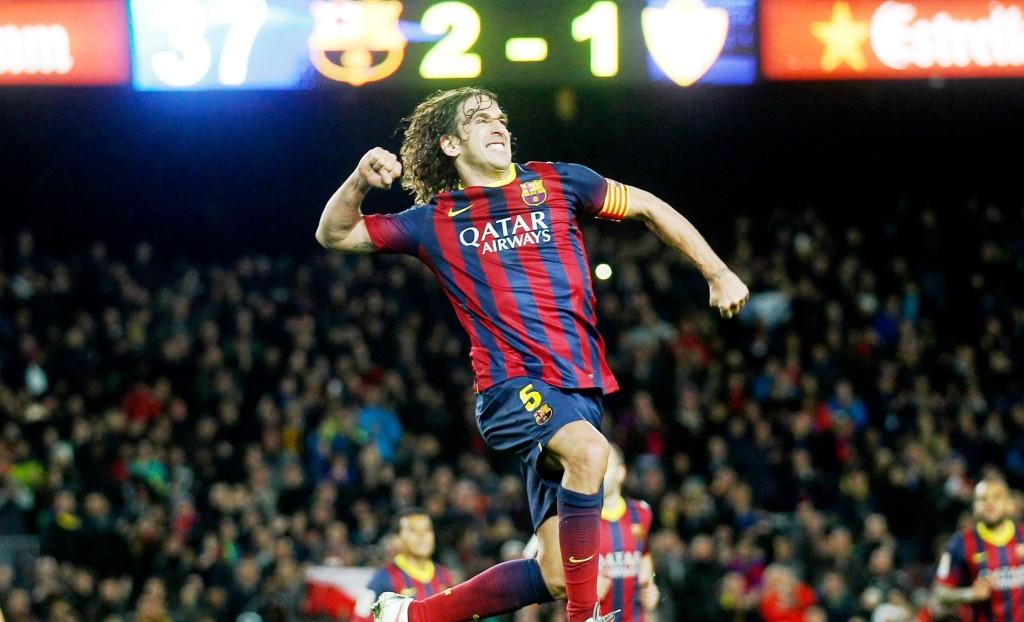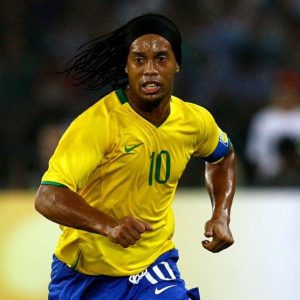

What athlete would you like to have been?
The career of a high-level athlete in most sports ends before the age of 40. In the vast majority of professional activities when we are in the early twenties, this is an experimentation stage. We are at the beginning of a professional career that will extend for about 4 or 5 decades. In sports, an athlete in the late twenties is reaching the peak and when entering the thirties the athlete begins to assert the prospects of the end of career and what will follow.
Often, when the athlete is reaching the end of the line of the career, he/she begins to question himself/herself about aspects that are not very encouraging. And these questions usually start with the words “What if…? What if I had chosen…? What if I had dialled…? What if I had not failed…? What if….?”
I am writing on this subject in connection with the recent farewell to Carles Puyol, captain of the Barcelona team during a time when the team was one of the most awarded teams of the football history. In addition to 6 Spanish leagues, 3 Championships, 2 King’s Cups, 2 European Championships and 1 World Championship, what makes Puyol an athlete of choice translates to what his colleagues have had the opportunity to share about him. Xavi, one of his eternal companions, from the blaugrana quarry, had the opportunity to emotionally state, “You always took care of your colleagues. Of those who needed you and those who came to the club, those who were in need of help, and those who did not play often. During 15 years you gave everything for everything, for you and for the team!” Puyol “did not hide that this is a” very difficult “moment in his life:” I’m very excited. I lived the dream of millions of children, I am a privileged one. I did what I love most: coaching and playing football.” So simple … I say!
In the 15 years at the club, Puyol, 36, has won 21 titles and, at the end of part of his journey, he had a beautiful answer to the question that is the title of this article “What athlete would you have been?” And this is an excellent question to ask when athletes are still in the active, when they are still making choices, making decisions that reflect their behaviours. This question is supported by a technique of Future Pace that translates to “transporting” the athlete to the end of the course and helps him/her to find an answer to this question in a profound way. Subsequently, the athlete must be able to respond if what he/she is doing now, in training, in games, …. allows him/her to build the “path” so that at the “end of the line” he/she has the answer he/she would like to have.
This is one of the most powerful techniques that can help athletes and coaches to clearly state where they want to go and align their internal resources for those projects! One day someone asked me this question when I had already finished my sports career (I did not have the opportunity to enjoy it as an athlete and I now am taking advantage of it in other areas of my life). I leave the tip here because I believe that many of you can still come to this question as athletes, and realize that what you are doing now will contribute to the way you want to be remembered!
Follow us on Facebook!
Categories
Latest Courses
-
9 Lessons
-
1 Lesson
-
6 Lessons
You May Also Like
- Blog
- August 1, 2022
- Blog
- June 3, 2022
- Blog
- May 27, 2022
Developed by Brandit Digital Media Services.





